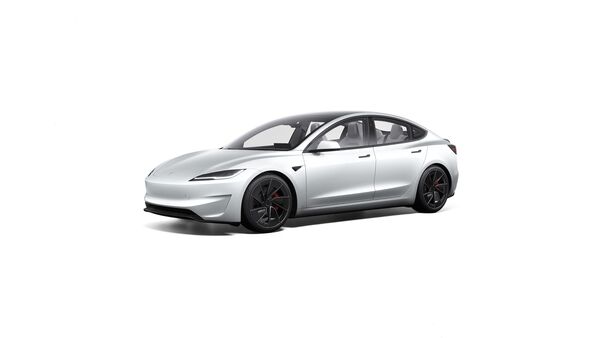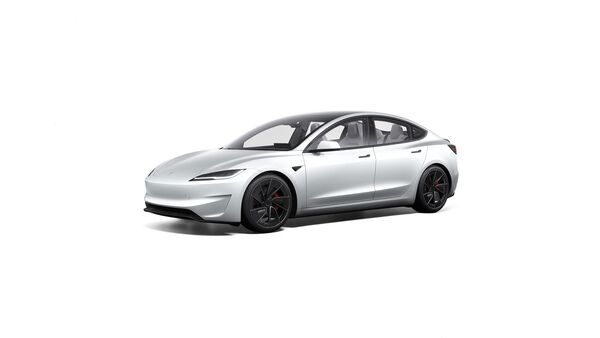Tesla has delayed production of its highly anticipated low-cost variant of the Model Y SUV, instead accelerating development on a stripped-down version of its Model 3 sedan, according to a recent Reuters report. This strategic shift comes as the electric vehicle maker struggles with decelerating sales and increasing pressure to expand its customer base.
The budget-friendly Model Y, internally codenamed E41, was originally slated for production in the United States in the first half of 2024. However, sources familiar with the company’s operations now indicate that production could be delayed until late 2024 or early 2025. Despite the setback, the Model Y variant is still expected to be produced later in China and Europe, although launch schedules remain unclear.
Meanwhile, Tesla is redirecting its attention to a simplified version of the Model 3 sedan. This decision appears to be a pragmatic one, as the automaker seeks to introduce an affordable electric vehicle without having to create an entirely new platform. The bare-bones Model 3 is expected to be cheaper and faster to produce, leveraging Tesla’s existing sedan production facilities.
Market Challenges
This strategic shift comes at a critical time for Tesla. The company’s vehicle lineup is aging, and its promise of a $25,000 EV based on a new platform has been shelved in favor of autonomous ‘robotaxi’ development. Consumer demand has cooled, and Tesla recently reported its first annual decline in deliveries—a concerning sign for a company that once led the global EV industry.
Some of Tesla’s challenges are also related to reputational issues connected to CEO Elon Musk’s political stances, which experts believe may be impacting public sentiment. Global tariffs and supply chain uncertainty, particularly regarding future U.S. trade policy, are creating additional challenges for the automaker.

To mitigate these challenges, Tesla is attempting to protect itself from geopolitical risks by increasing North American content and improving logistics strategies, such as halting some deliveries between China and the United States. The company’s ability to navigate these challenges while developing more affordable electric vehicles will be crucial to its future success in the increasingly competitive EV market.



